Gma's and Gpa's Great Adventures
Malo tau ma'u pongipongi ni.
During our sail to Tonga, we sailed over some of the deepest waters in the world. The Tonga Trench is an oceanic “submarine” trench located in the southwestern Pacific Ocean. Tonga Trench reaches a depth of up to 35,797’ (deeper than Mount Everest is tall!), is about 850 miles long and has an average width of 50 miles. It is the deepest trench in the Southern hemisphere and the second deepest on Earth after the Mariana Trench (near Guam). Scientists estimate that there are still many secrets yet to be discovered buried deep in the depths of this mysterious trench.
We also sailed across the International Dateline which zigzags from the North and South poles at about 180 degrees longitude, defining the boundary between one day and the next. So, at one minute we were at 6 hours behind CST at home and the next minute at 18 hours ahead of CST. Essentially, Tuesday never happened for us. When you cross the date line traveling east, you subtract a day, and if you cross the line traveling west, you add a day. Tonga is the 1st country in the world to see the sunrise every day.
RUTH METZ
32 chapters
29 Jan 2023
Vava'u
August 09, 2023
|
Kingdom of Tonga
Malo tau ma'u pongipongi ni.
During our sail to Tonga, we sailed over some of the deepest waters in the world. The Tonga Trench is an oceanic “submarine” trench located in the southwestern Pacific Ocean. Tonga Trench reaches a depth of up to 35,797’ (deeper than Mount Everest is tall!), is about 850 miles long and has an average width of 50 miles. It is the deepest trench in the Southern hemisphere and the second deepest on Earth after the Mariana Trench (near Guam). Scientists estimate that there are still many secrets yet to be discovered buried deep in the depths of this mysterious trench.
We also sailed across the International Dateline which zigzags from the North and South poles at about 180 degrees longitude, defining the boundary between one day and the next. So, at one minute we were at 6 hours behind CST at home and the next minute at 18 hours ahead of CST. Essentially, Tuesday never happened for us. When you cross the date line traveling east, you subtract a day, and if you cross the line traveling west, you add a day. Tonga is the 1st country in the world to see the sunrise every day.
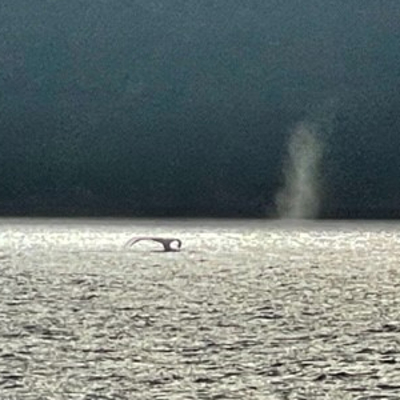
As we arrived among the islands we were greeted by a whale blowing and showing off its beautiful tail fluke. July through October is whale season - the humpbacks begin arriving in Tonga's waters around July – calve and then mate again here - and start their long journey back to Antarctica by November. Humpback whales are mammals living in the ocean, are about the size of a school bus with up to 16’ pectoral fins, yet eat tiny shrimp-like krill, plankton, and small fish. Each whale can be identified by their unique tail flukes. Like a human fingerprint, no two tails are the same!
Tonga is one of the few places where you can swim/snorkel with whales. Mothers and their young swim close together, often touching one another with their flippers "cuddling" and resting at the top of the water. Females nurse their calves for almost a year, though calves do not stop growing until they are 10 years old and live for about 50 years. When all goes well, an adult female will give birth, become pregnant, nurse the calf for a year, travel 4000-5000 miles back and forth and do it all over again every year. Humpback whales sing unique songs that can be up to 30 minutes and span 7 octaves – just like a piano!
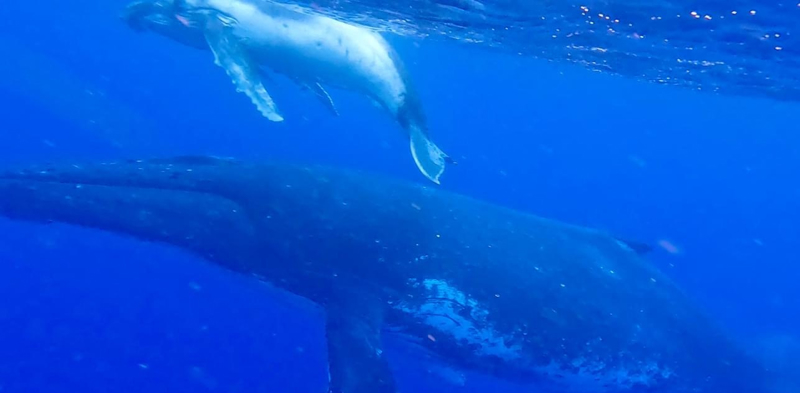
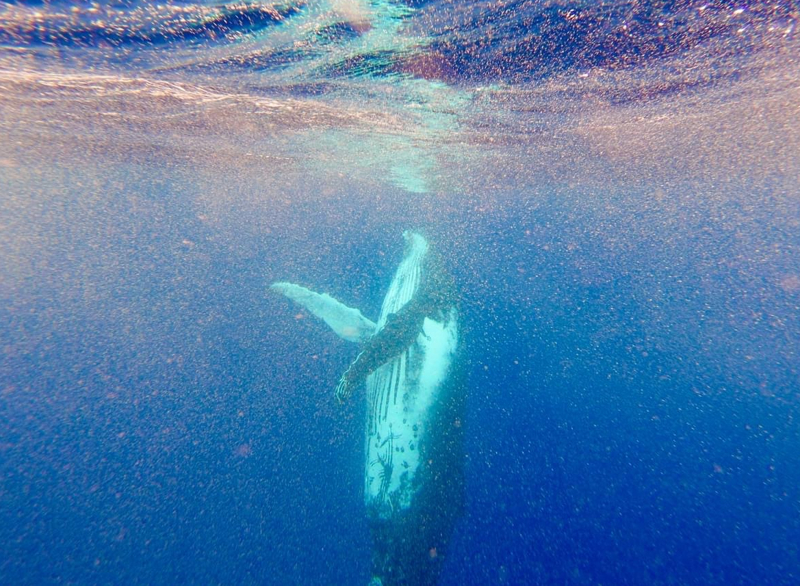
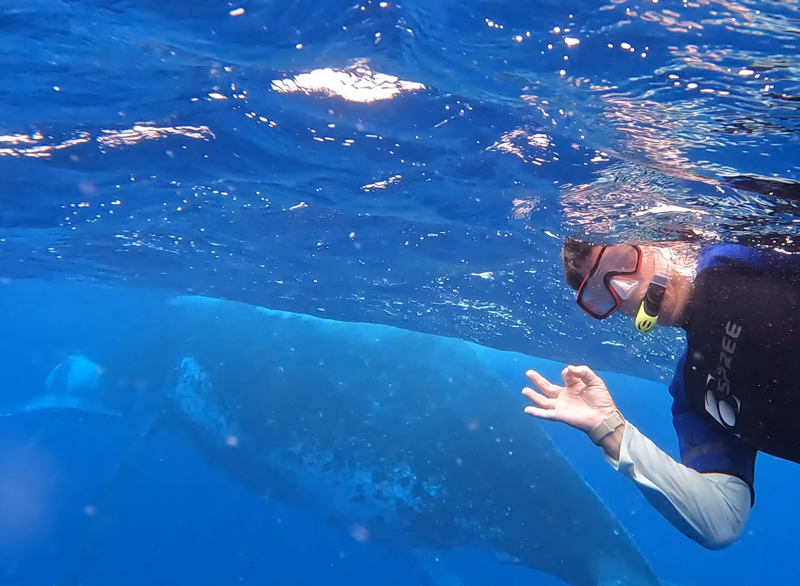
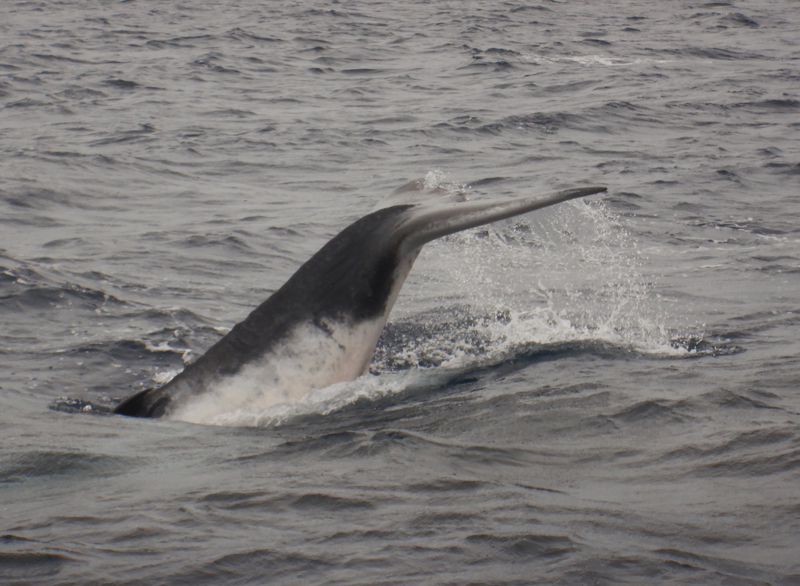
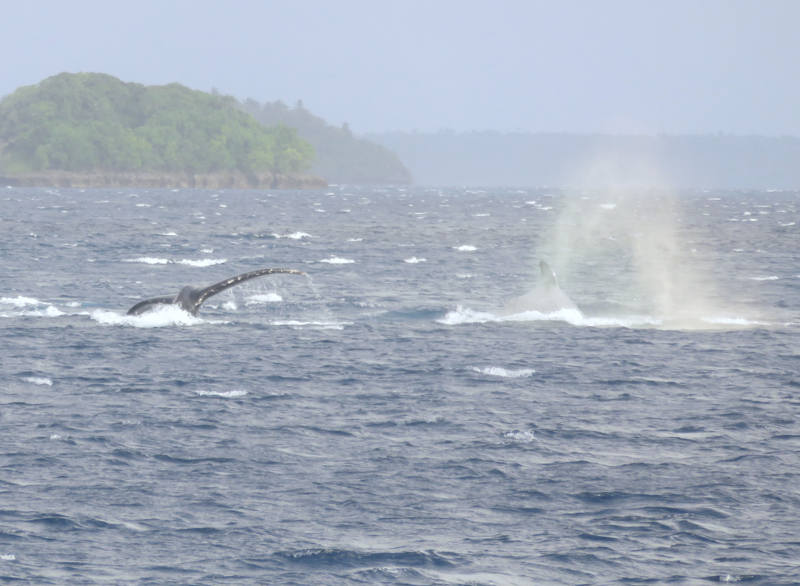
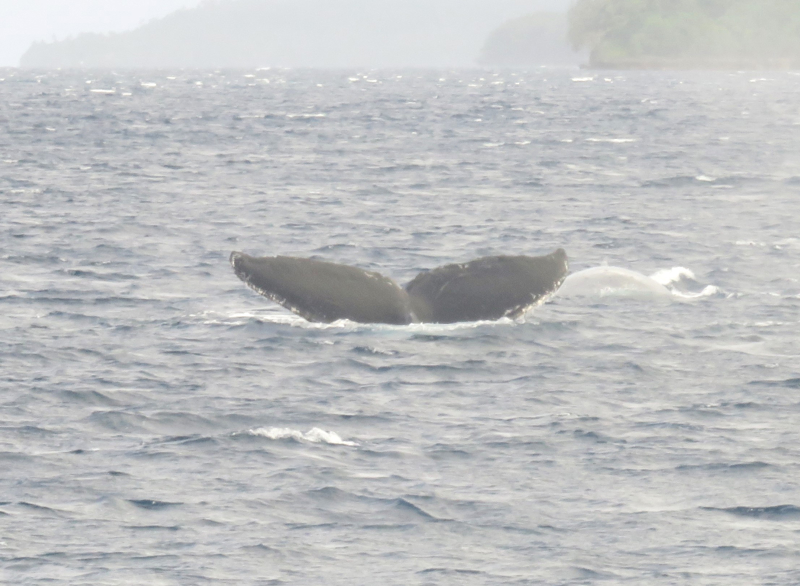
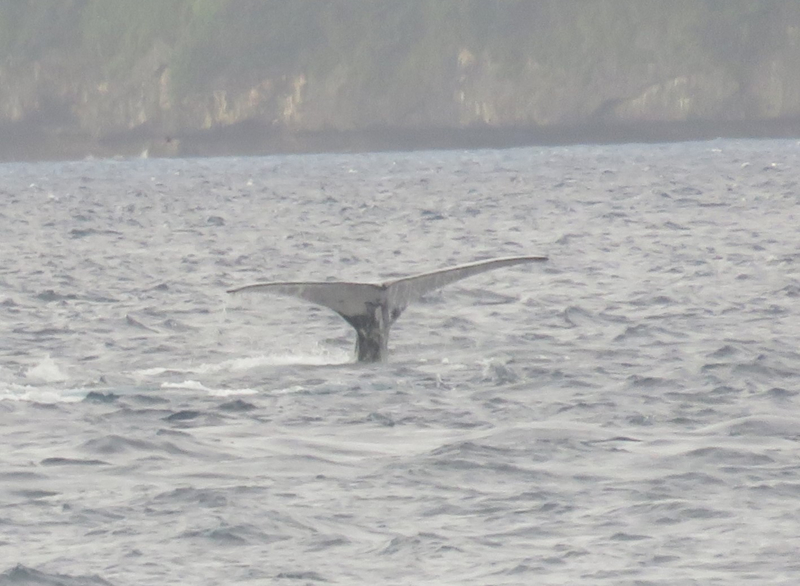
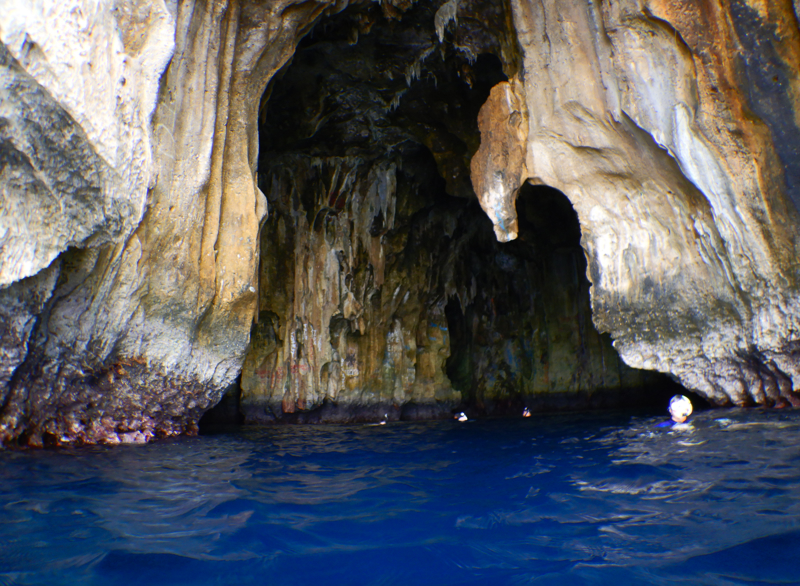
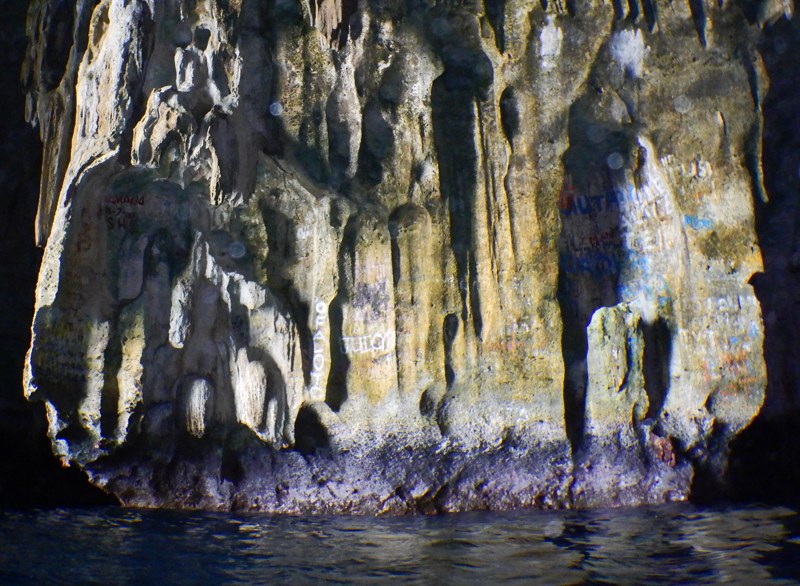
Vava'u is an island group consisting of one large island and 40 smaller ones, in Tonga. It is said that the islands were created by the god Maui, who reached into the bottom of the sea with his magic hook, caught something on it, and pulled it up to the sea surface, and it became the islands of Vava'u. Tonga is a constitutional monarchy with a king and a prime minister.
There's a lot of agriculture with many fields of casava, bananas, coconut, mango, pineapple, papaya, noni, kava, breadfruit, taro, yams & dragonfruit. We are calling this the island of dogs and hogs (so many overworked mama's!!) - plus sheep, goats and roaming cattle (& one Holy Cow). We visit the Veimumuni cave with a large fresh water pool inside and the Kilikilitefua wall - a census system used over 400 years ago. Started as a way to track generations of chiefly families with each volcanic rock (Kilikili) representing a 1st born son, it eventually grew to represent every family in Vava'u.
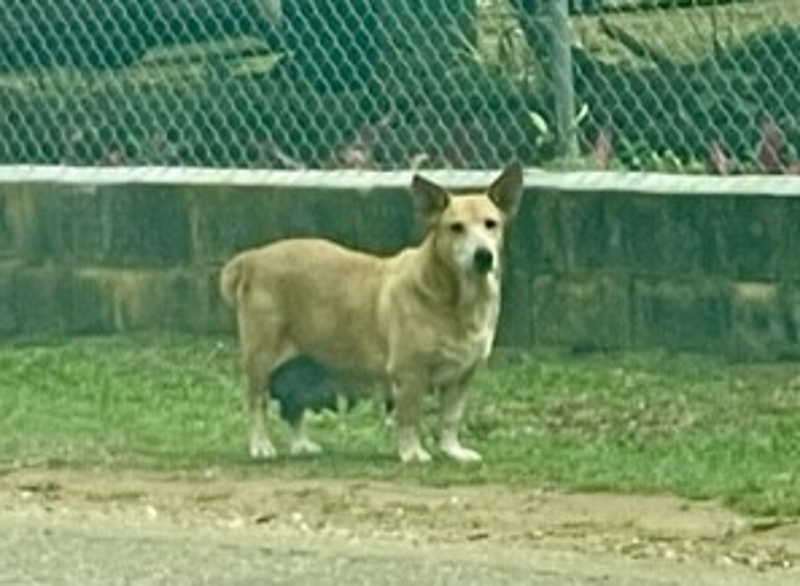
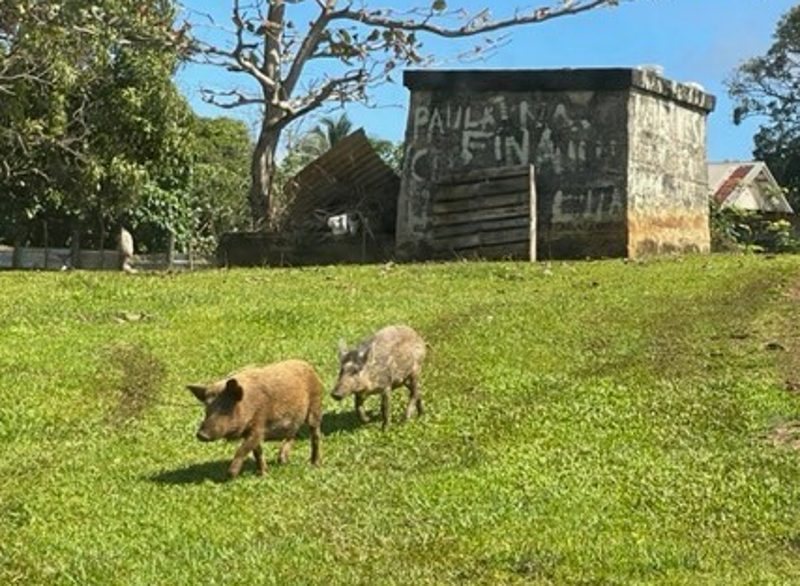
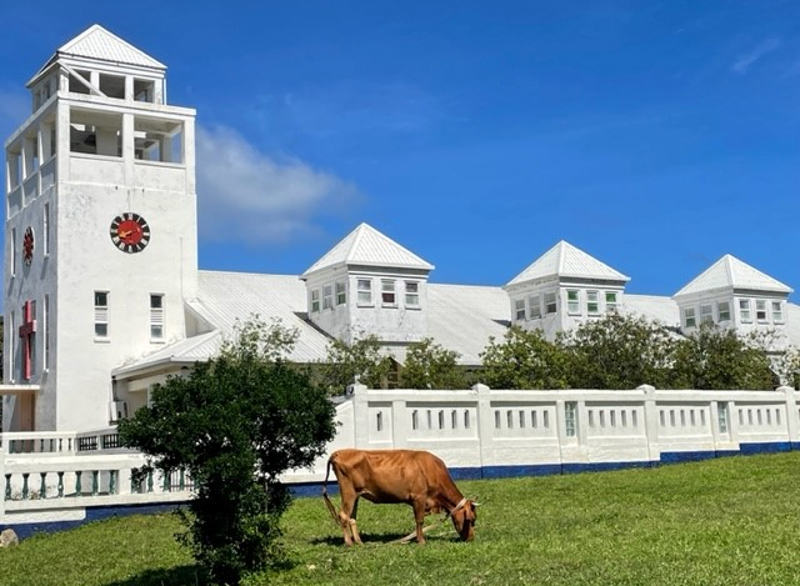
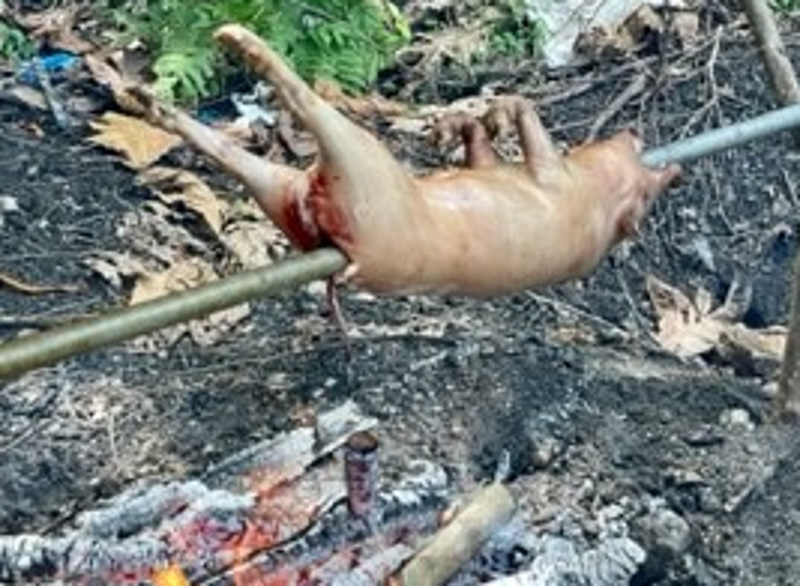
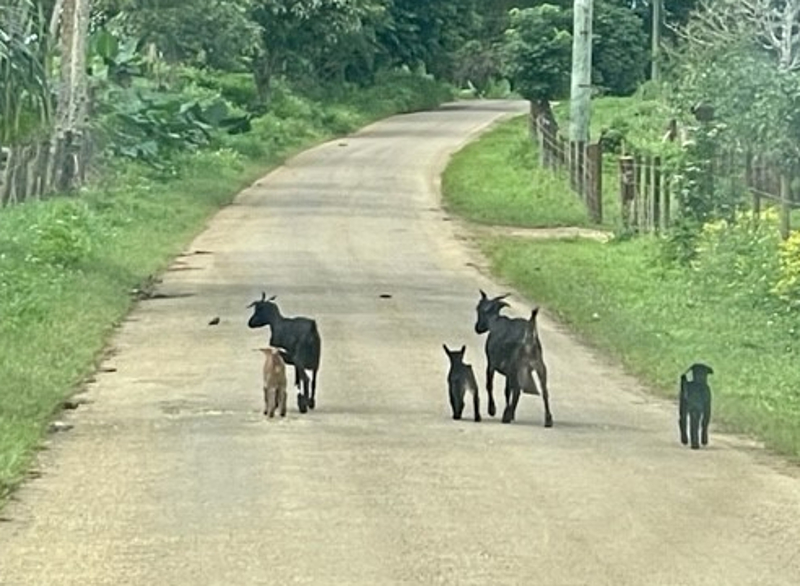
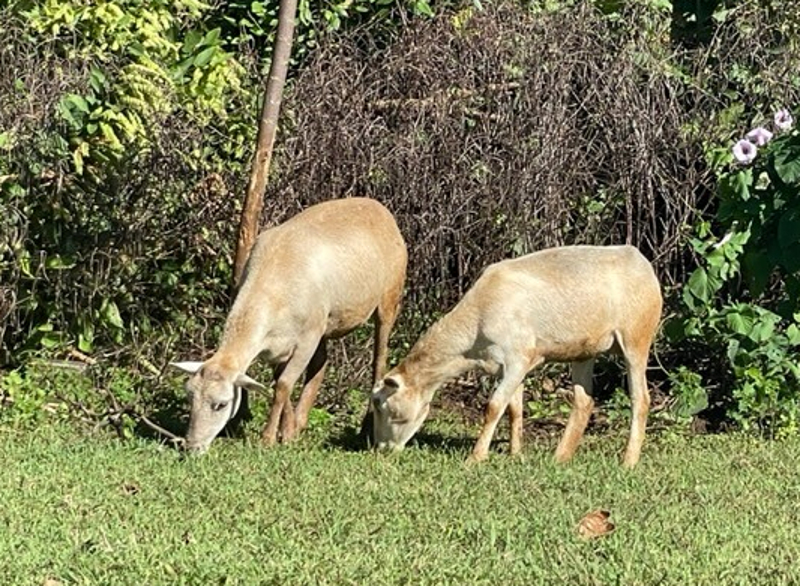
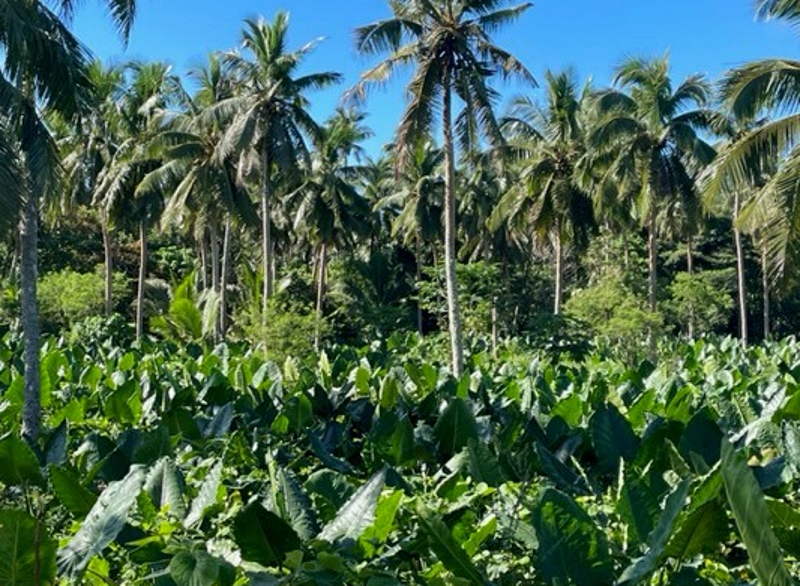
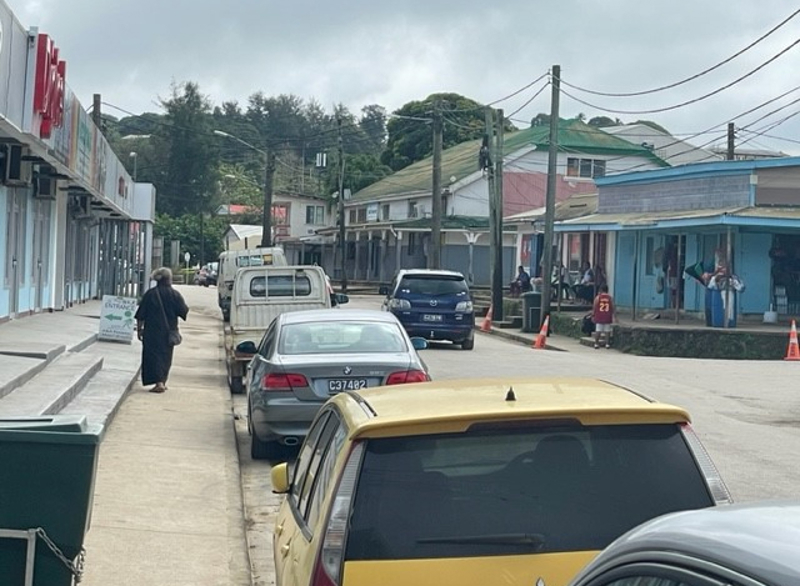
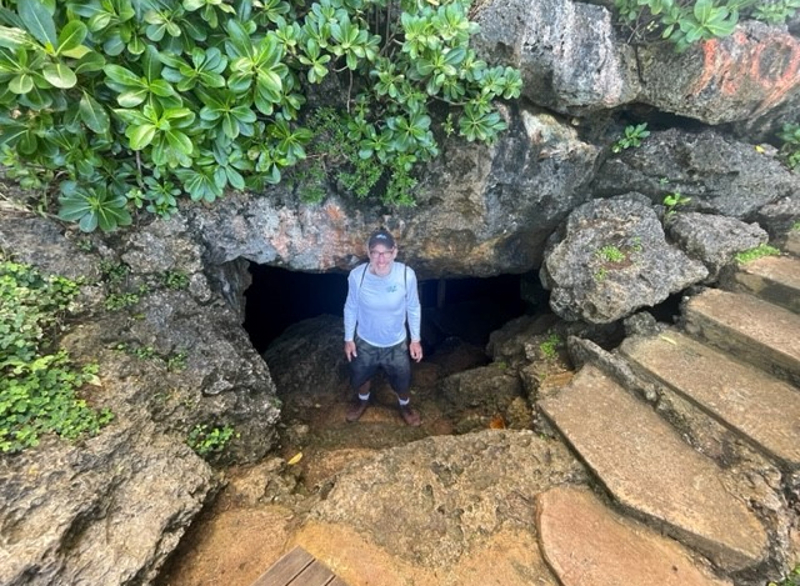
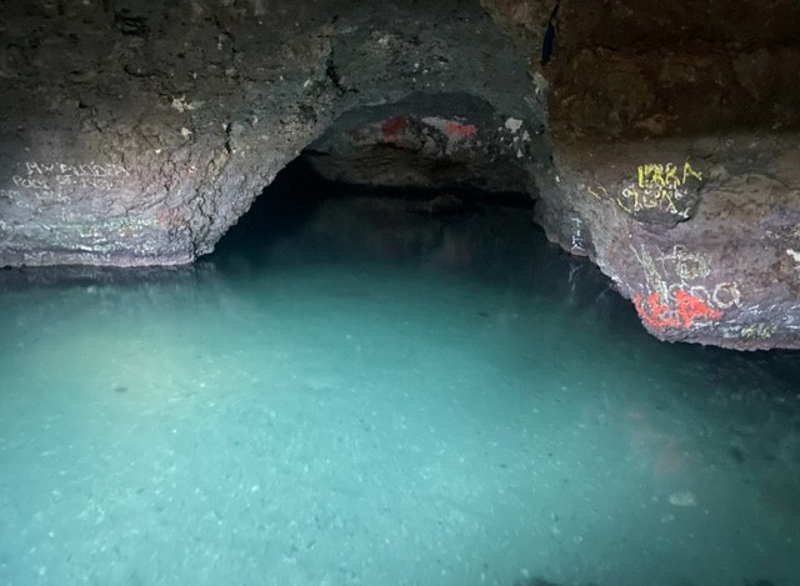
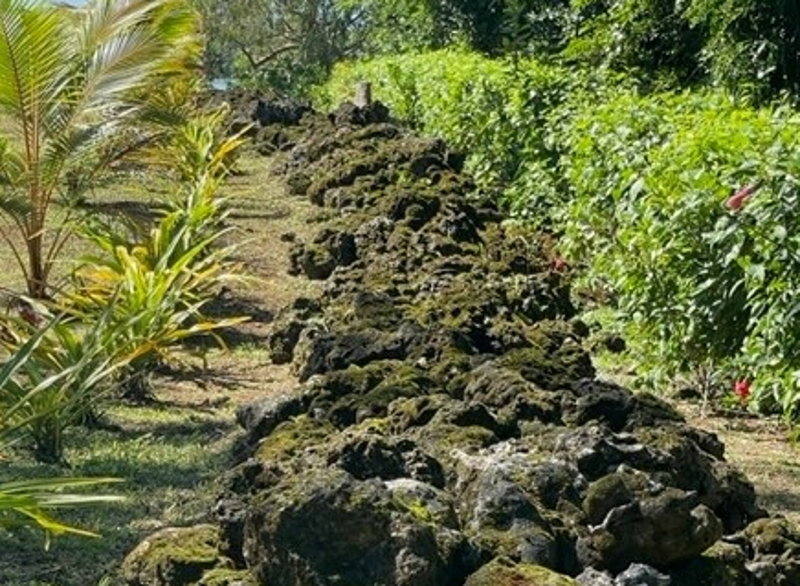
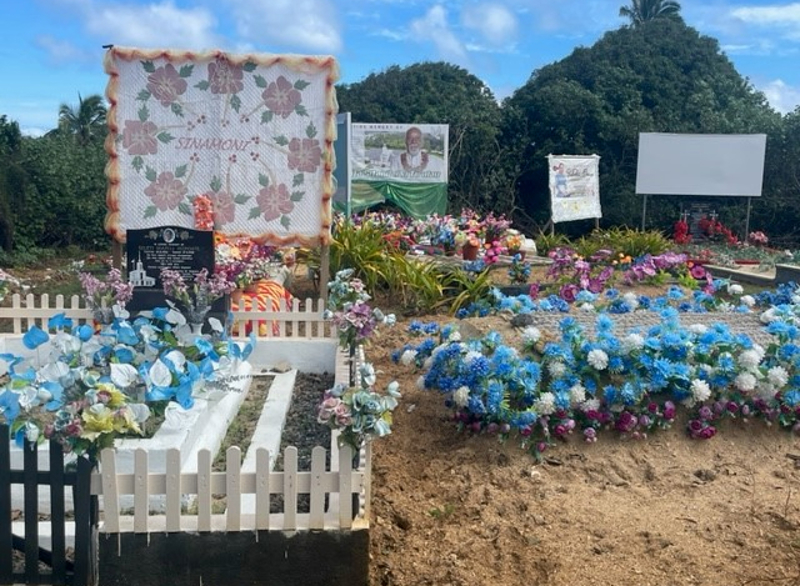
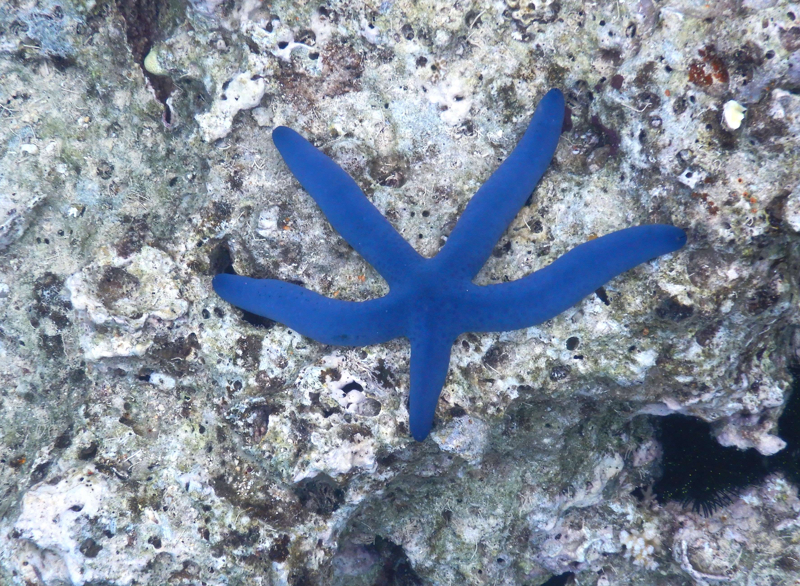
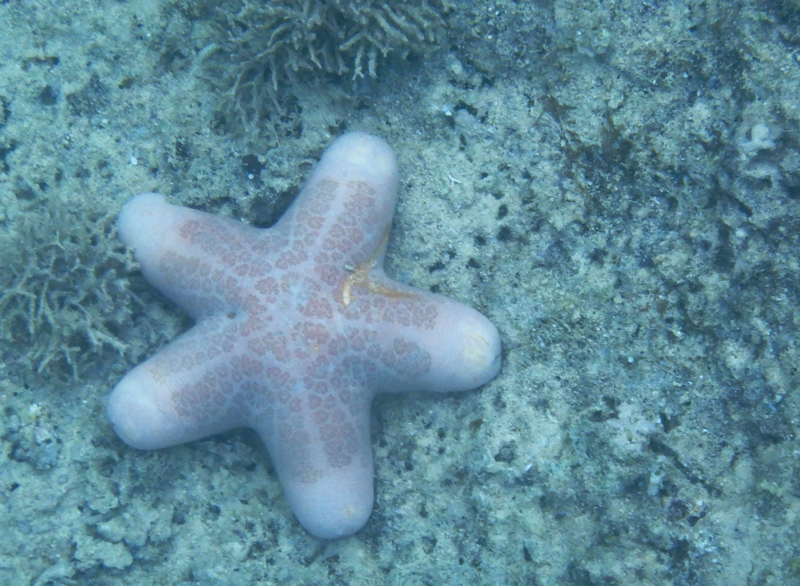
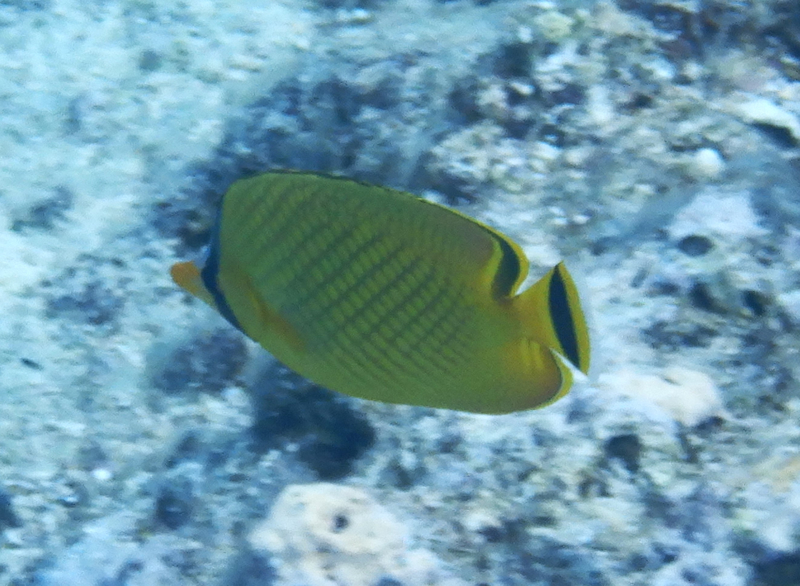
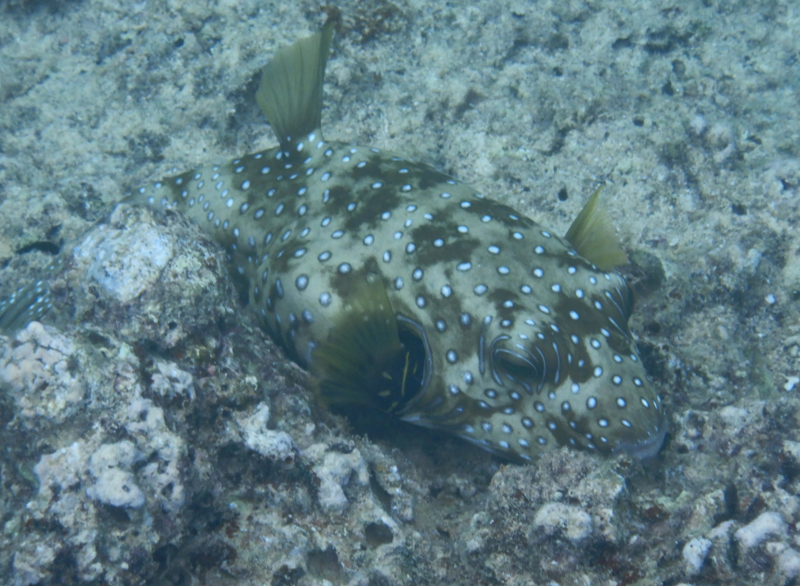
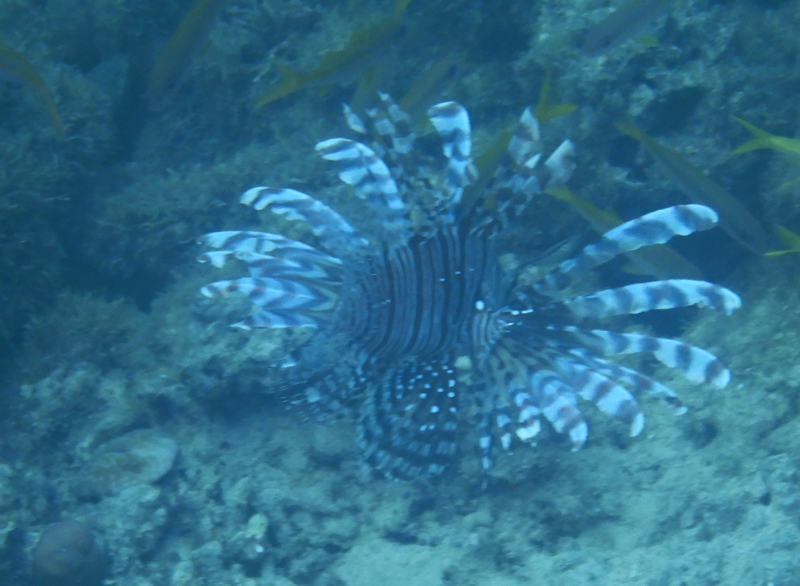
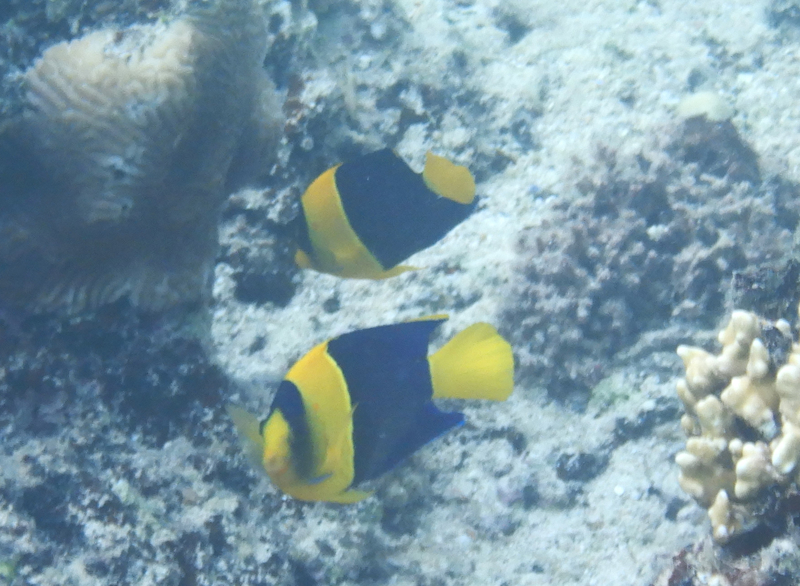
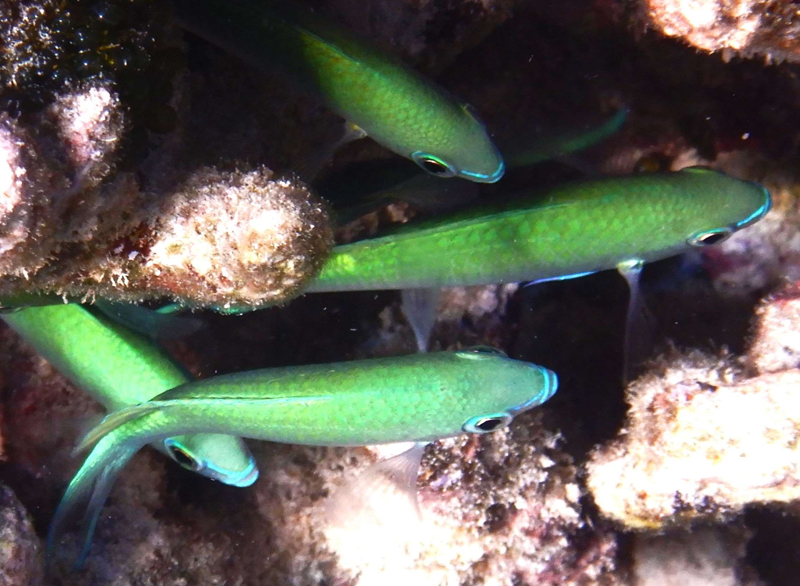
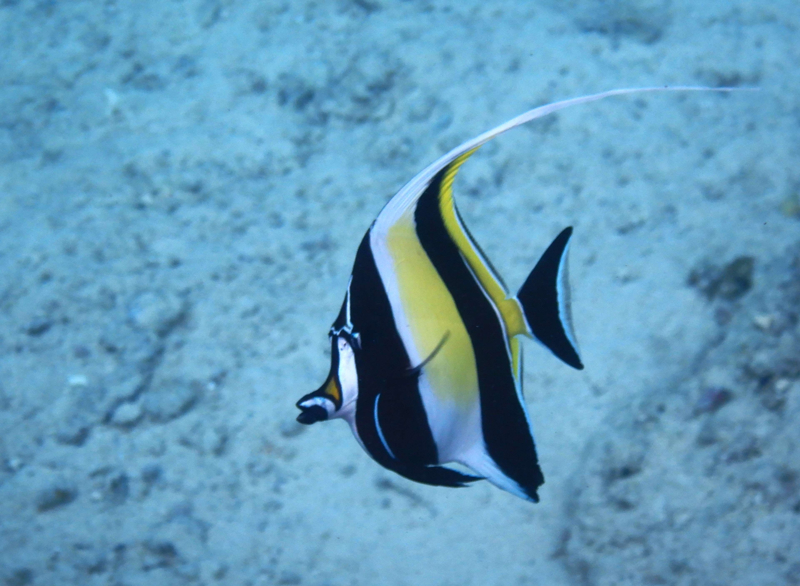
In many ways, I feel like we are in a time warp to about 100 years ago. Many of the villages, shops, homes and standard of living seem more like 1923 than 2023. Many people wear traditional clothing – both men and women wear a tupenu (long skirt) with a ta'ovala wrapped around the waist. A ta'ovala is a finely woven mat which has been in the family for many years. The older and well-worn it is, the more precious it becomes. An interesting tradition which does not look very comfortable. Sunday is a day of rest in Tonga, where it’s illegal to do business transactions, to play sports/exercise and to do most chores. (Hm, Lemmenes cousins…I wonder if they can play cards? Maybe just Rook??) There are many large churches - I don't know how this small population supports them so well, tho many schools are church-based. They also honor their dead well - in cemeteries and with large banners and lots of silk flowers. While most people do speak English, Tongan or “Fakatongan” is the main language they speak (both are taught in school). And, of course, they have their own pa'anga currency.
Despite still being mostly cloudy drizzly days, we enjoyed the snorkeling, swimming with whales, seacaves, the laid-back island and islanders. Also the giant fruit bats/flying fox and Giant Tongan Spiders.
And then there's this...we discovered a hole in the underside of the boat...luckily there's a boatyard here that can haul us and fix it. Hanging out in Tonga for a little longer...
‘Alu a,
XO XO Gma & Gpa
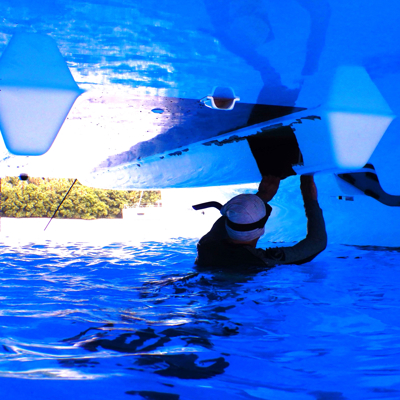
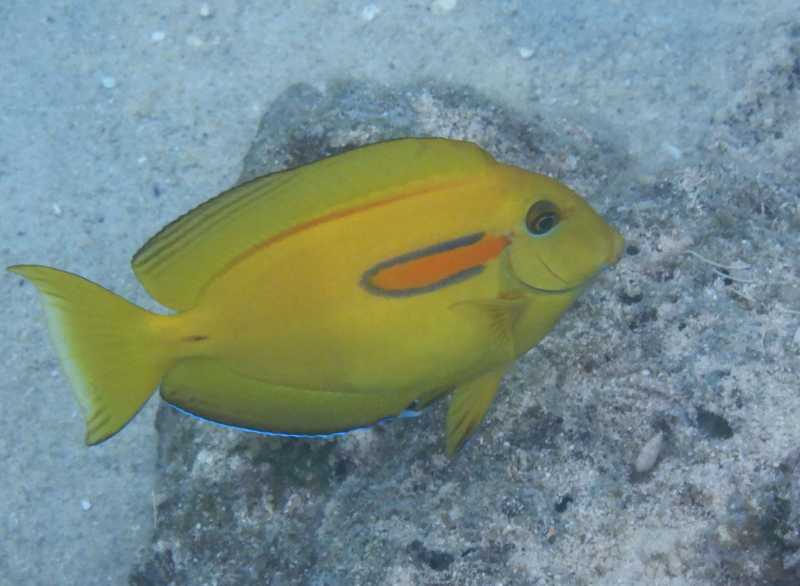
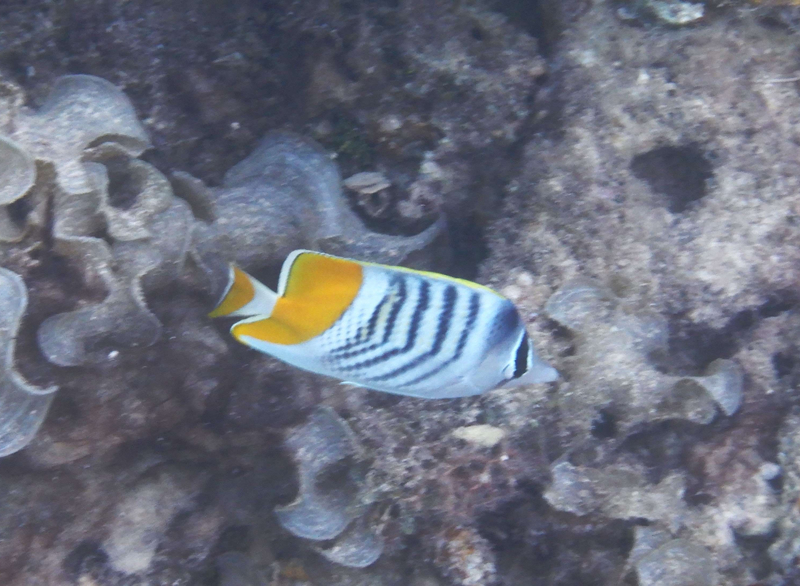
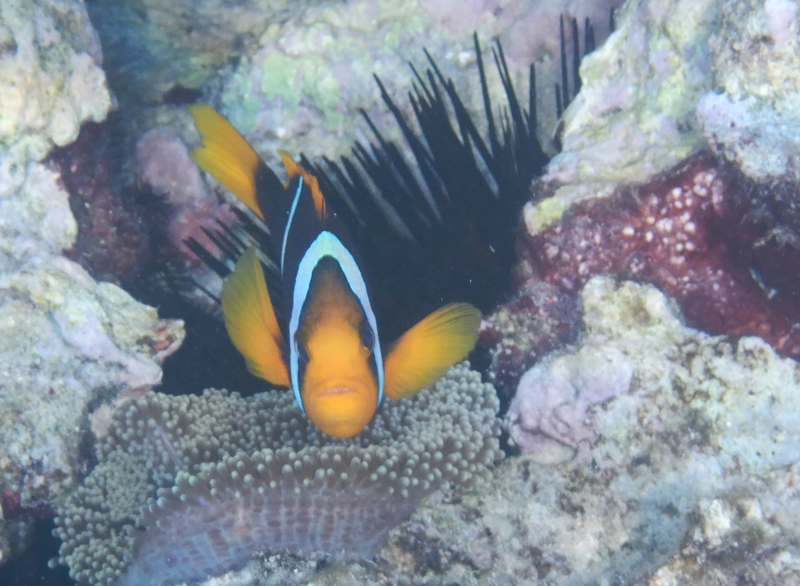
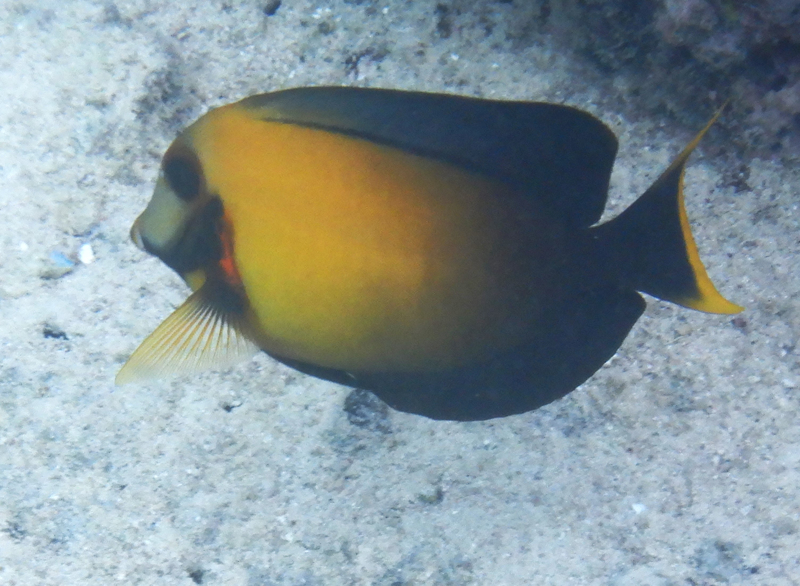
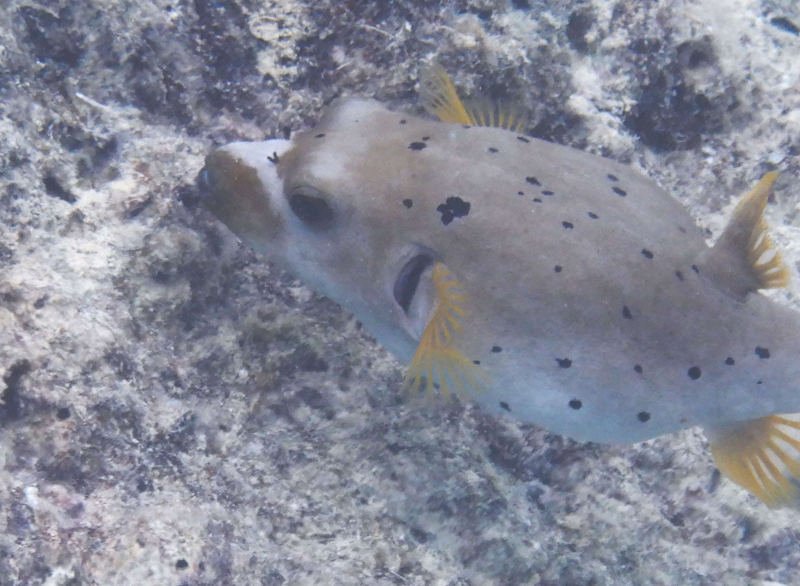
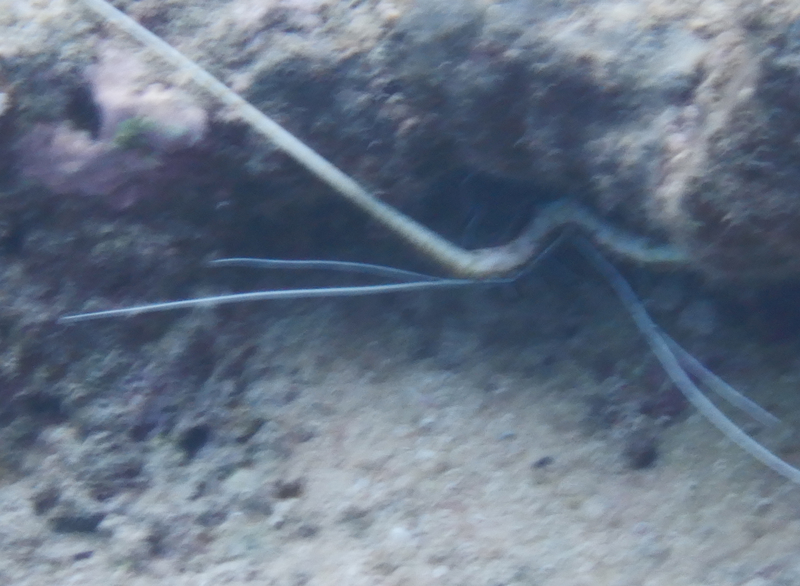
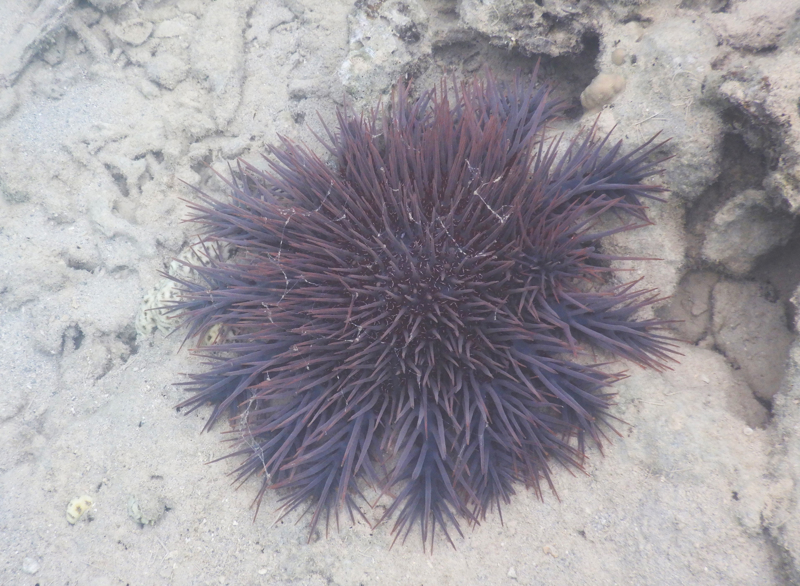
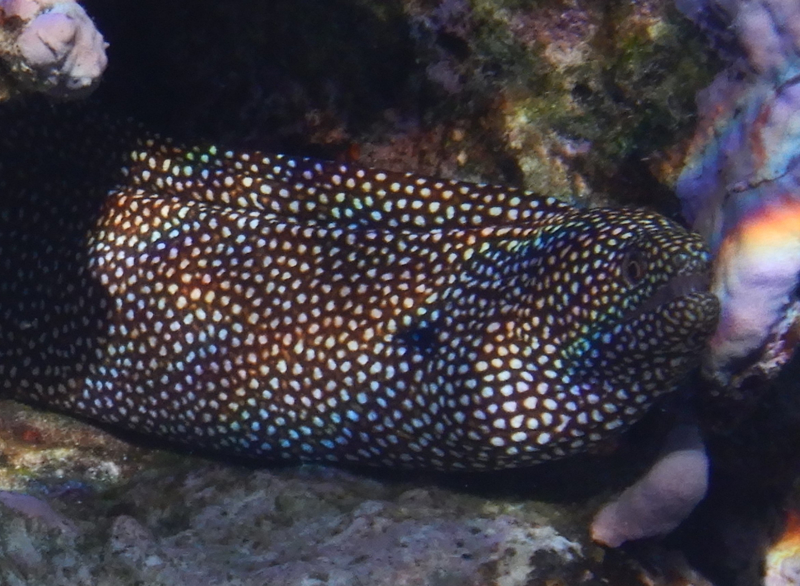
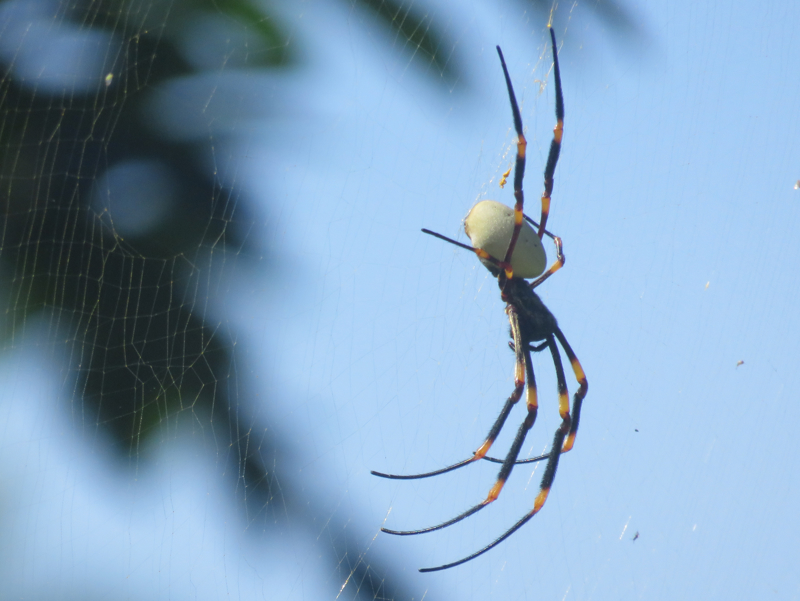
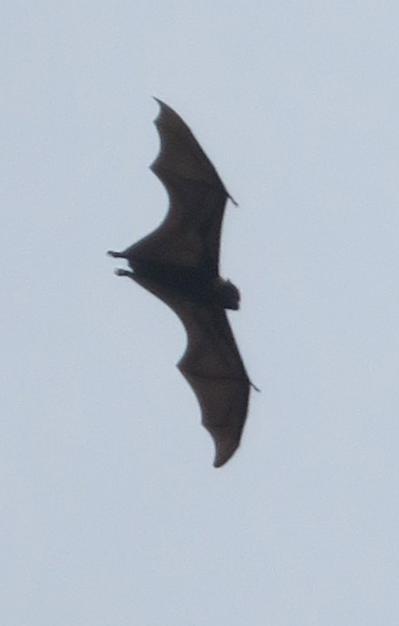
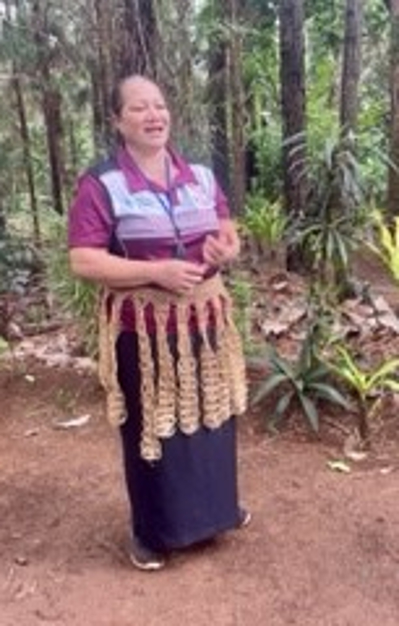
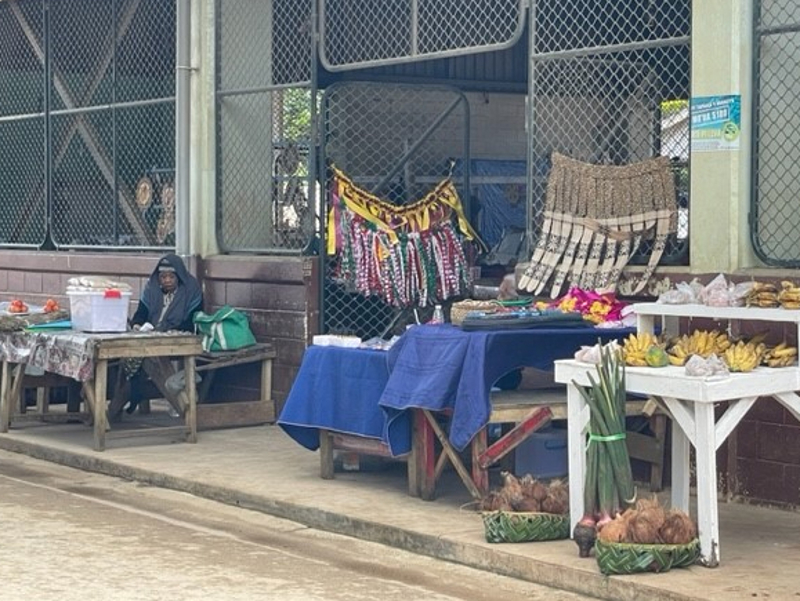
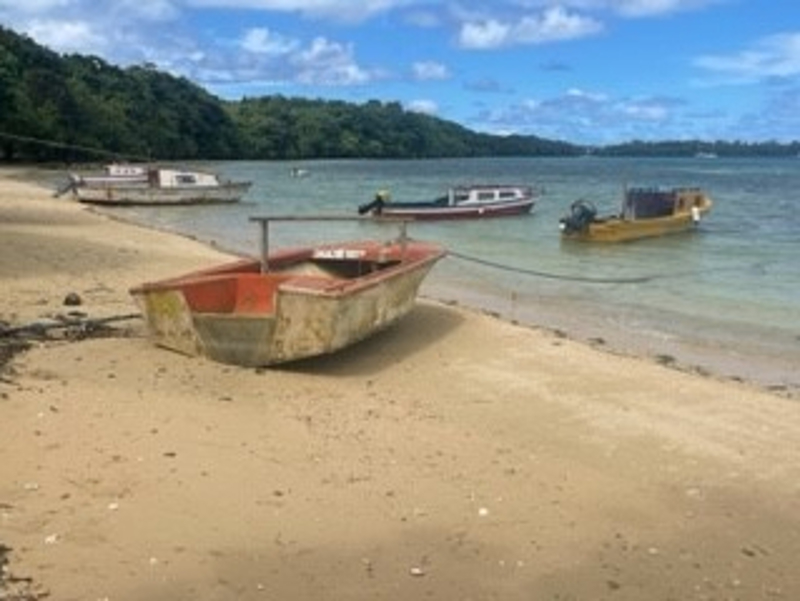
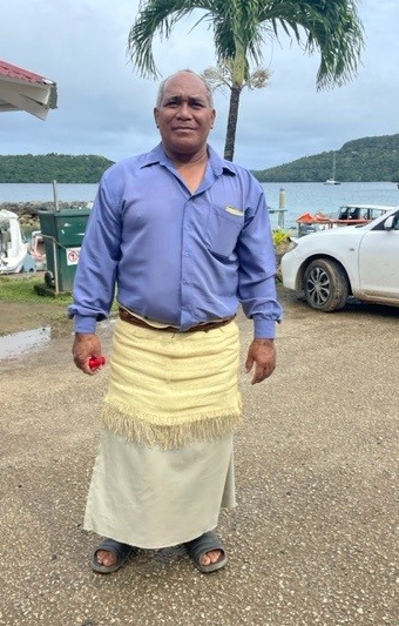
1.
Countdown
2.
...and We're OFF!
3.
...and waiting.
4.
Sailing Away!
5.
The San Blas
6.
Panama
7.
The Panama Canal
8.
The Transit
9.
Panama City
10.
27 Days at Sea
11.
The Marquesas
12.
Tuamotu Archipelago
13.
Moorea
14.
Tahiti
15.
On Vacation
16.
Raiatea
17.
Taha'a
18.
Huahine
19.
More Moorea
20.
Tahiti 2
21.
Sail On, Sailor
22.
Rarotonga
23.
Niue
24.
Vava'u
25.
Savusavu, Vanua Levu
26.
Yasawa Islands
27.
Viti Levu
28.
Viani Bay
29.
Taveuni Island
30.
Fiji Time
31.
Cyclone Season
32.
New Zealand
Share your travel adventures like this!
Create your own travel blog in one step
Share with friends and family to follow your journey
Easy set up, no technical knowledge needed and unlimited storage!